| বাংলায় পড়ুন | Researchers and Reporters: Tanzil Fuad Ayesha Akhter |
In Bangladesh’s e-commerce industry, Evaly is a well-known brand. Evaly gained widespread recognition for several reasons, such as its hundreds of percent payback and half-price product purchasing program. But the business that quickly rose to fame exposed customers to internet fraud. Let’s know how Evaly attracted customers and dropped from being the biggest e-business in the nation.
Evely’s journey begins:
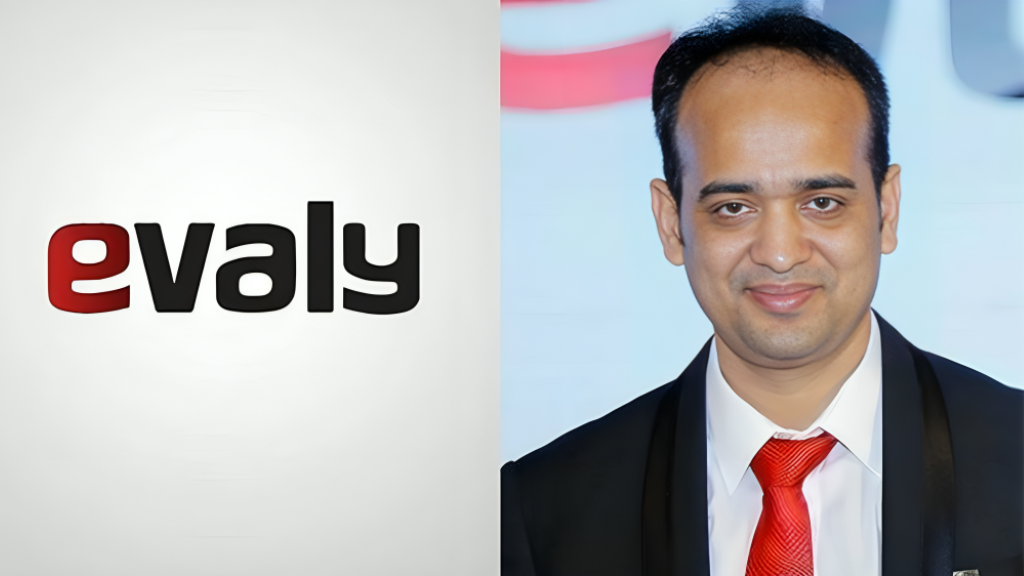
Evely’s journey begins, marking a new adventure. | Photo: Collected.
‘Kidz Diaper’ was the brand that former banker Muhammad Russell launched in 2016. The brand has quickly established a solid reputation in the marketplace. Following his success, he considered launching an online store. Evaly then embarked on its voyage, which began in December 2018. With the introduction of 3G technology in mobile communication, Bangladeshi consumers started actively engaging in online shopping at the time Evaly launched. Customers who registered on Evaly were initially eligible for gifts and hundreds of percent cashback. Evely gained popularity among people as a result. The number of brands and retailers linked with it has expanded along with the number of customers thanks to unbelievable savings on motorbikes, electronics, and other items.
The Rise of Evely
Evaly launched its activity with some significant deals and promotions at the beginning of 2019. Both offline and online, they keep up their aggressive advertising. Evaly’s CEO, Md. Russell informed me that in just three months after the company’s founding, more than 45,000 people had joined its Facebook group. In just two months after the app’s August debut, Evali had more than 50,000 downloads on its smartphone. 2019 saw Evely’s gross merchandise value (GMV) reach almost Rs 60 crore in September and October. On average, 15,000 people visited Evaly’s website per day in 2019 alone.
Evaly set out to create a comprehensive “Everything Store” that would include every product available on the internet. To that end, the corporation created many websites, including E-food, E-khata, and E-bazar. Some eateries, including Secret Recipe, Hakka Dhaka, BBQ Bangladesh, North End Coffee Roasters, and Chillox, became E-food partners with the debut of the platform in June 2020. Evaly and Cloud-based Digital Food Court Claudio struck a contract. Customers of Evaly now have the advantage of utilizing their cashback balance to order food through E-food.
Evely’s come back
Bangladesh Bank terminated the bank accounts of Evaly and its owners in August 2020 following the publication of a media article on Evaly’s business plan. Because no authorities prevent Evaly from conducting business, buyers, and sellers tend to resort more to Evaly rather than being cautious. Well-known businesses like Coca-Cola, Apex, Jamuna Group, Samsung Electronics, and Bata joined Evaly. Brands on the list owe Evaly more than Rs 100 crore. Because the government failed to act promptly in the face of hundreds of complaints of violations of consumer rights, Evaly was able to involve a large number of customers and retailers in the second phase.
Models of Evaly and Ponzi
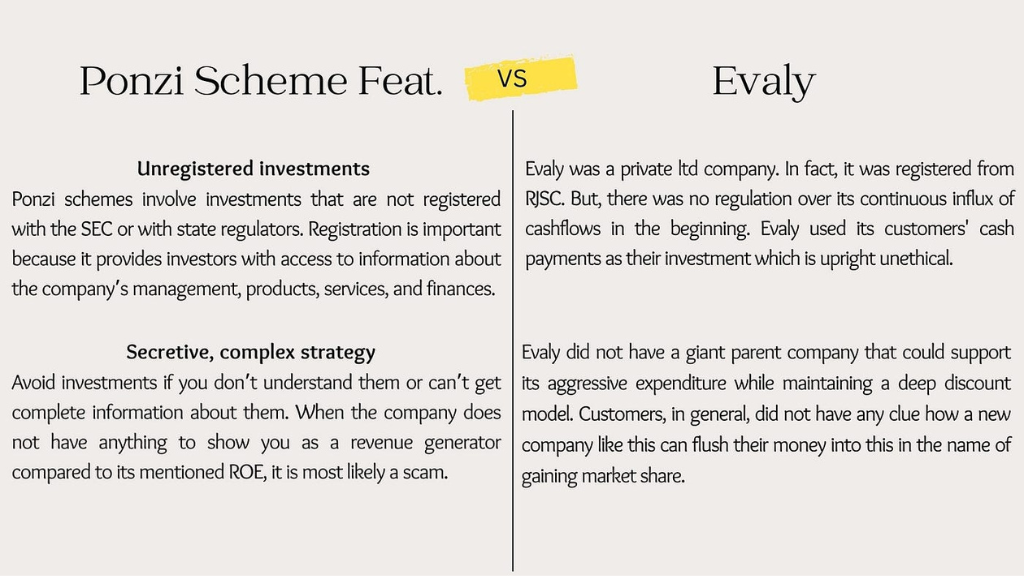
Evaly’s rise and fall compared with Ponzi scheme models. | Photo: Collected.
Evaly used a business model known as the Ponzi model or Ponzi scheme. Analysts claim that no other company model in the world has been able to achieve long-term success like Evaly’s. “Evally was doing business on the Ponzi model,” claims Professor Mushtaq Ahmad of Dhaka University’s Institute of Business Administration. With less investment, this concept offers greater profit. Additionally, some consumers’ money is preserved by offering discounts, awards, or dividends in exchange for their financial support of the business. In this instance, the business has not made any investments of its own.
Evaly was conducting business in this manner. Ponzi schemes are not a viable business strategy. Ponzi scheme operators want to exchange investors’ funds and quickly turn a profit to shut down their operations or remove funds from the market.
Evely’s collapse
Evaly was accused of embezzlement and fraud in 2021, which led to its demise. Mohammed Russell, his spouse Shamima Nasreen, and other individuals were the targets of over 350 criminal cases nationwide for a variety of offenses such as check forgery and other forms of fraud. Russell and Shamima were taken into custody on September 16, 2021, from their home in the capital’s Mohammadpur neighborhood. Later, in April 2022, Shamima was given bail, and on December 19, 2023, Russell was freed.
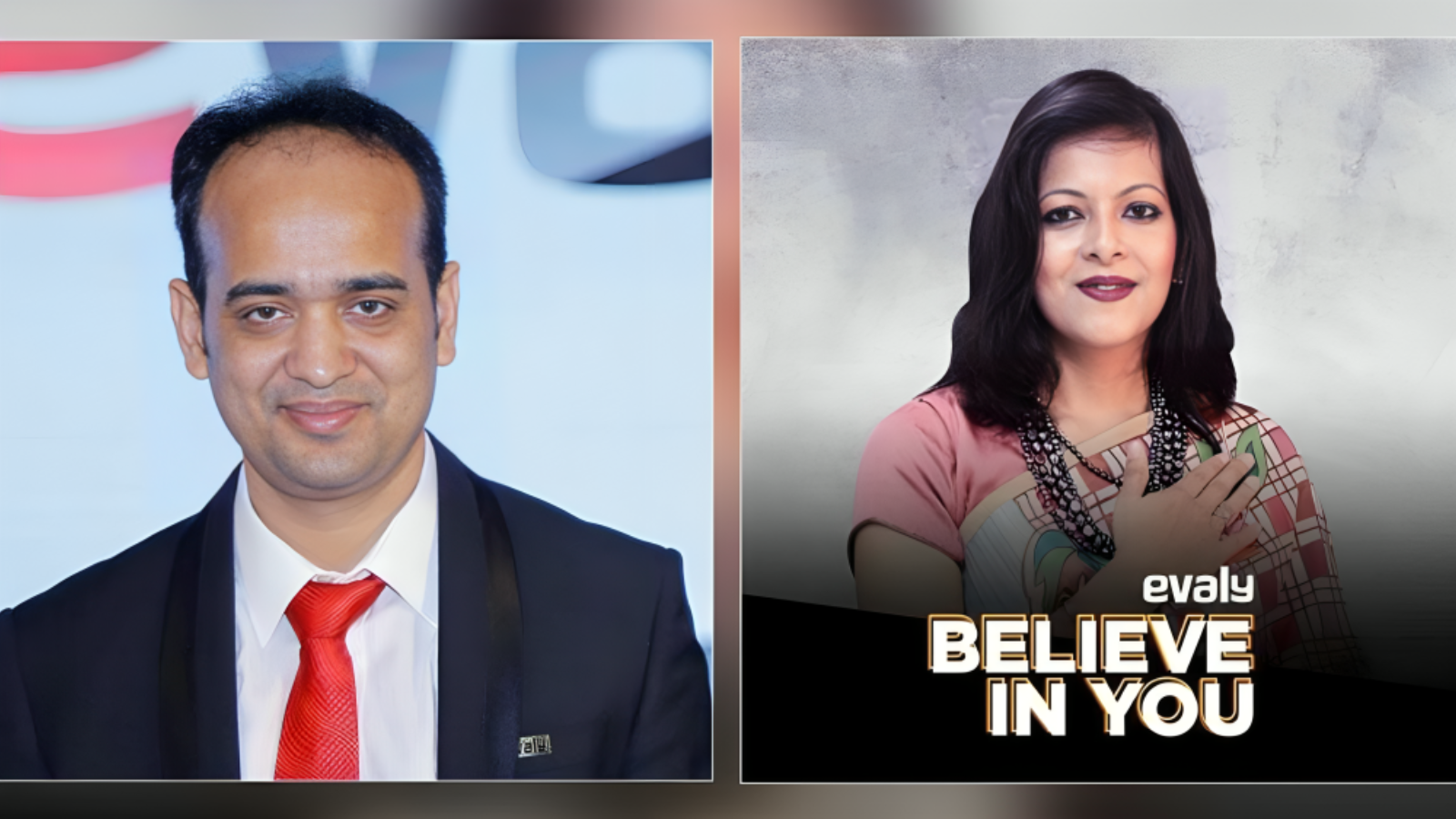
Evaly’s collapse marking the end of its dramatic rise and fall. | Photo: Collected.
In Bangladesh’s e-commerce market, Evaly is a major force. Evaly has stolen crores from numerous vendors and consumers. Customer confidence is kind of a crisis. To overcome this problem, the government must always be vigilant to reestablish order in the financial sector, just as businesspeople must operate within the law.















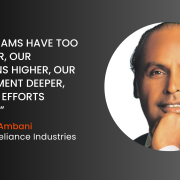





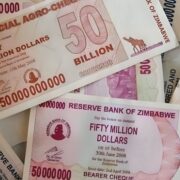







Comments